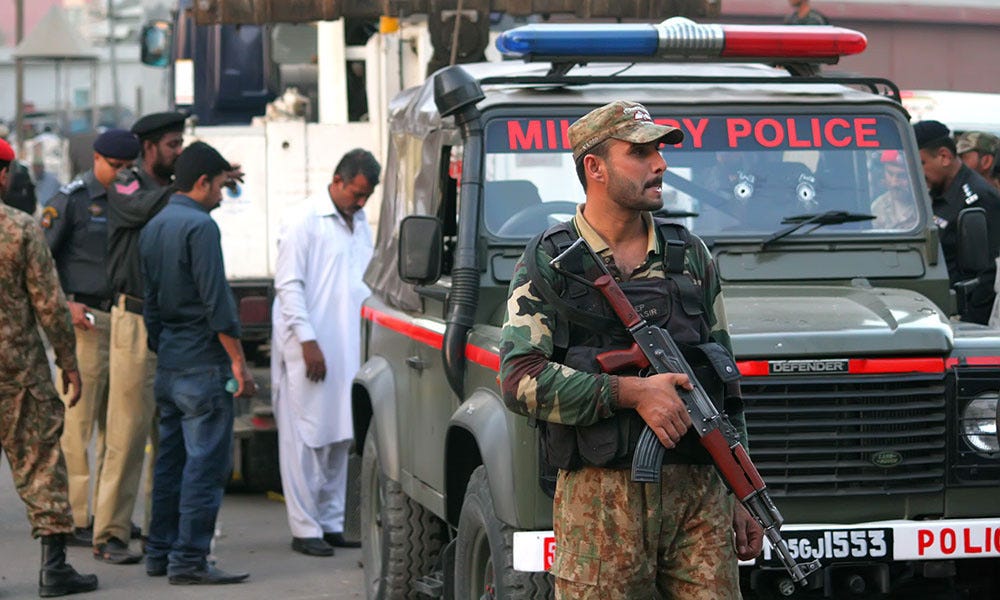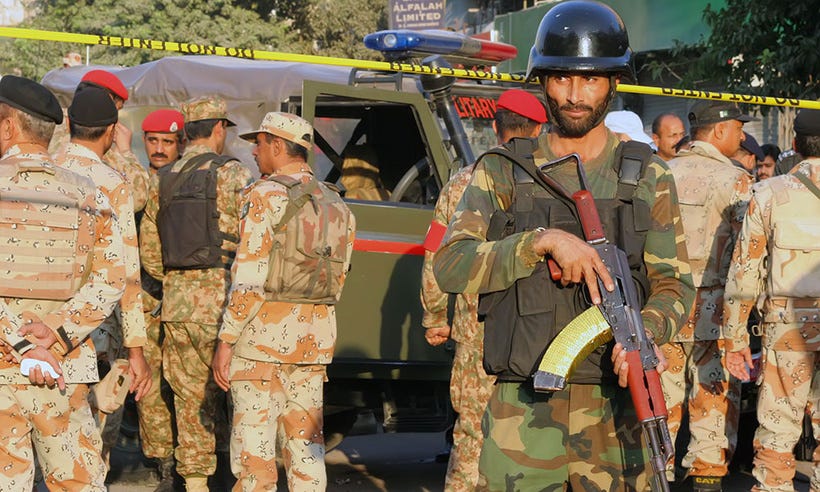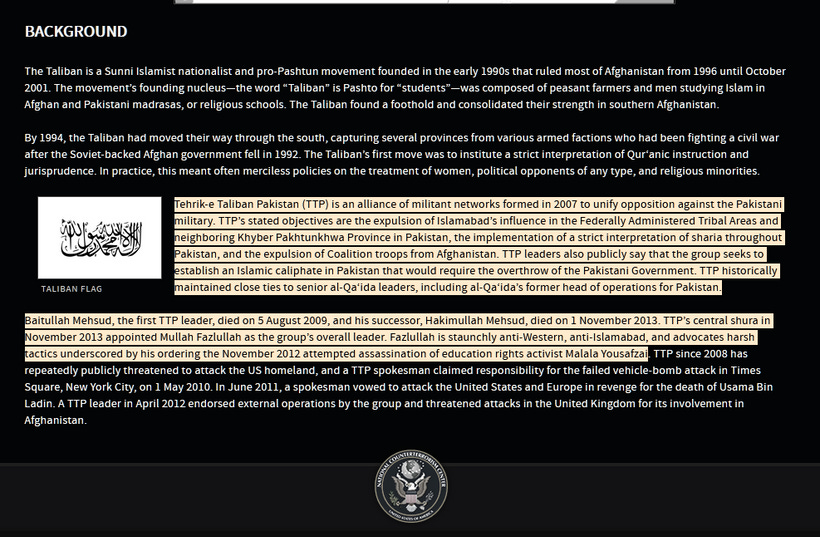Pakistan: Security Forces Operation in Kurram District Results in Seven Militants and Six Soldiers Killed
The operation resulted in the deaths of six soldiers, including a captain who led the effort.
PAKISTAN — Pakistani security forces conducted an intelligence-based operation in the Dogar area of Kurram district, leading to the elimination of seven militants identified as khawarij, a derogatory term likely referring to Tehrik-i-Taliban Pakistan affiliates, based on location near the Afghan border and patterns of activity.
The operation resulted in the deaths of six soldiers, including a captain who led the effort. This action targeted individuals associated with Fitna al Khwarij, a group described by authorities as khawarij.
The engagement occurred amid ongoing counter-terrorism efforts under the Azm-e-Istehkam initiative. Reports indicate effective engagement by troops despite heavy losses.
The operation unfolded in a region known for militant activity near the Afghan border. Security forces acted on intelligence regarding the presence of Khawarij in the area. During the firefight, the militants were neutralized, but the forces sustained casualties.
The soldiers killed included Captain Noman Saleem from Mianwali, Havaldar Amjad Ali from Swabi, Naik Waqas Ahmad from Rawalpindi, Sepoy Aijaz Ali from Shikarpur, Sepoy Muhammad Waleed from Jhelum, and Sepoy Muhammad Shahbaz from Khairpur.
A sanitization effort followed to clear any remaining threats. This step aims to prevent further incidents linked to the group. Authorities emphasize the need for continued vigilance against foreign-sponsored terrorism.
The operation aligns with broader strategies to eradicate militant networks. Public statements from leadership commend the forces’ resolve.
Pakistani President Asif Ali Zardari and Prime Minister Muhammad Shehbaz Sharif expressed condolences and praised the operation. They reaffirmed their commitment to combating terrorism.
The incident underscores the ongoing challenges in border regions. Security measures remain heightened in response to these threats. Analysis of similar operations shows a pattern of targeted actions against militant hideouts.
Clarification on Militant Designation
The term “khawarij” originates from early Islamic history, referring to a sect that emerged during conflicts over leadership in the seventh century. Members of this group, known as Kharijites, were characterized by extreme views, including the declaration of takfir, or excommunication, against other Muslims who disagreed with them.
They rebelled against established authorities and engaged in violence against fellow believers. In contemporary usage, particularly by Pakistani security forces, the word serves as a derogatory label for certain militant groups. It implies that these insurgents are extremists who deviate from mainstream Islamic principles and target civilians and state institutions.
In the context of the October 29 operation in Kurram district, Pakistani military statements applied “khawarij” to the seven militants killed. This usage aligns with a broader strategy to delegitimize such groups by associating them with historical rebels.
The official designation for the organization involved is Tehrik-i-Taliban Pakistan, commonly abbreviated as TTP. This faction operates primarily in border regions and has been linked to attacks on security personnel. Reports from the Inter-Services Public Relations describe the militants as part of Fitna al Khwarij, a phrase translating to “mischief of the Kharijites,” further emphasizing the pejorative intent.
The identity of the militants in this incident points to TTP affiliates, based on the location and pattern of activities. Kurram district has seen recurrent clashes involving TTP elements, often in response to cross-border tensions with Afghanistan.
Pakistani authorities employ “khawarij” to frame these insurgents as un-Islamic extremists, a tactic observed in counter-terrorism narratives since around 2014. This labeling aims to reduce public sympathy and justify operations.
Neutral observers note that TTP claims inspiration from Taliban ideology but focuses on challenging the Pakistani state. This approach avoids endorsing biased terminology while acknowledging the source’s perspective.
Further verification from independent assessments confirms TTP’s involvement in similar border incidents.
Analysis of Sponsorship Claims
Claims of Indian sponsorship for Fitna al Khwarij by Pakistan have not been corroborated via available intel. Searches for a link to Indian sponsorship yielded no supporting evidence.
Pakistani military and government sources frequently assert that groups like Tehrik-i-Taliban Pakistan receive support from India, framing them as Indian proxies. This narrative appears in statements from the Inter-Services Public Relations, describing militants as “Indian-sponsored khawarij.”
Such accusations aim to attribute cross-border terrorism to external influences, particularly amid tensions with Afghanistan, where TTP operates from sanctuaries.
However, independent analyses from organizations like the Foundation for Defense of Democracies indicate these claims serve to deflect responsibility from Pakistan’s historical support for the Afghan Taliban, from which TTP emerged as a splinter group.
Searches across official sources yield no evidence from Indian, U.S., or international bodies confirming sponsorship. India denies involvement, viewing TTP as a Pakistani internal issue.
The focus remains on TTP’s indigenous roots and Afghan-based operations. Pakistani strategies emphasize foreign backing to unify domestic support against militancy.
Neutral evaluation requires multi-source verification, which currently does not support the assertion of sponsorship.






